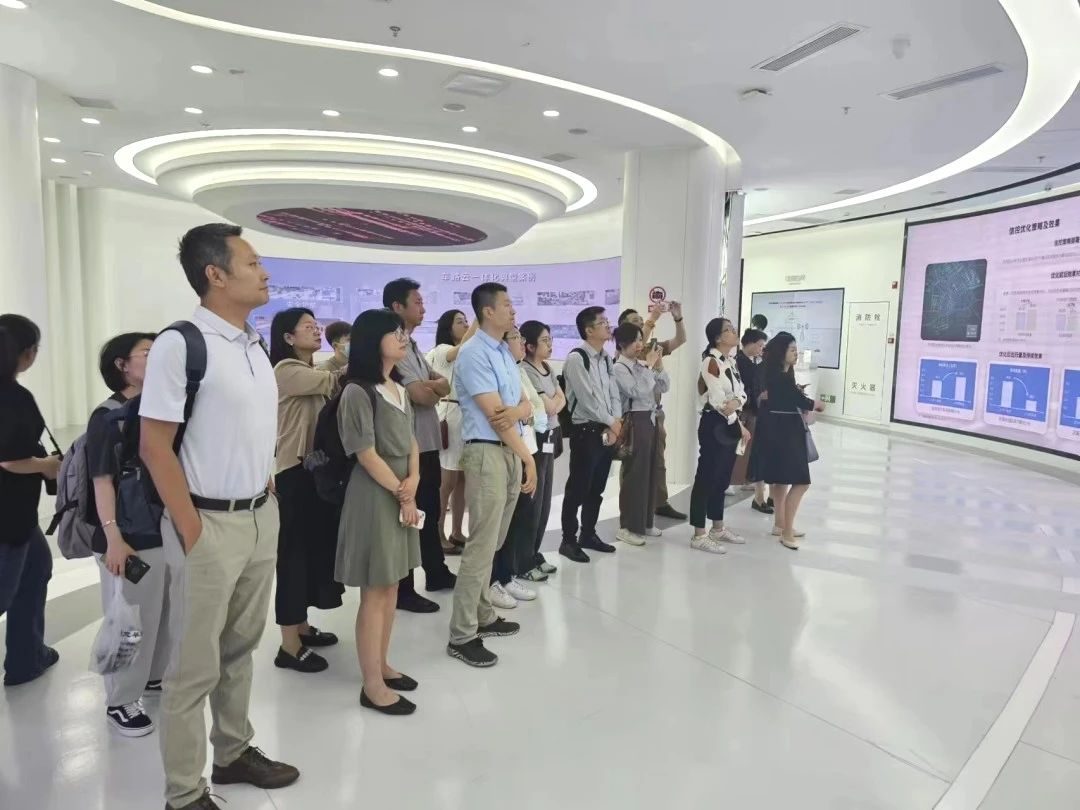To promote international exchange and cooperation in autonomous driving technologies in China and abroad, a delegation from the European Union Chamber of Commerce in China recently visited the Innovation Center of Beijing High-level Autonomous Driving Demonstration Area (hereinafter referred to as the “Demonstration Area”) in the Beijing Economic-Technological Development Area (BDA) (also known as Beijing E-Town), and took test rides on an intelligent connected bus.

How do “smart cars” run on “intelligent roads”? At the center, the delegation learned about Beijing’s plan to develop an integrated solution that combines smart vehicles, road infrastructure, cloud systems, networks and maps to enable the use of intelligent and connected cars. The delegation showed a great interest and engaged in detailed consultations. To date, the Demonstration Area has built a test environment for vehicle-road-cloud integration and has made small-scale deployment. The first city-level engineering test platform in Beijing E-Town will soon enable full coverage of intelligent connected roads and smart city infrastructure across an area of 600 km2. In Beijing E-Town, autonomous driving technology is already being applied in eight scenarios, including autonomous passenger vehicles, unmanned delivery vehicles, and autonomous sanitation vehicles. Additional application scenarios are available in Beijing Daxing International Airport, Beijingnan Railway Station (Beijing South Railway Station), and Beijing-Tianjin-Tanggu Expressway. The Demonstration Zone has established 68 industry standards centered around “vehicle-road-cloud-network-map-safety”. With an intelligent connected bus waiting outside the center, the delegation members eagerly boarded and took photos to commemorate the moment.
“Through this visit, we gained an in-depth understanding of the Demonstration Area’s achievements and the policies and technologies behind intelligent connected vehicles. We hope to seize this opportunity to build a bridge for communication between Chinese and European enterprises, and open a window for European companies to gain insights into the vibrant practices and cutting-edge explorations in China’s autonomous driving sector. This will facilitate dialogues and discussions between the two sides on the development paths of the ICV industry, thereby creating more communication and cooperation opportunities for expanding future commercialization scenarios of autonomous driving.” said the head of the delegation.
(Edited based on news from Beijing Daily)


